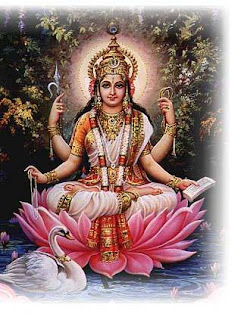Christianity (from the
Ancient Greek word
Χριστός,
Khristos, "
Christ", literally "anointed one") is a
monotheisticreligion based on the life and teachings of
Jesus as presented in
canonical gospels and other
New Testamentwritings. Adherents of the Christian faith are known as
Christians.
Mainstream Christianity teaches that the Greatest commandment is love or Agape. It also teaches that Jesus is the Son of God, God having become human and thesavior of humanity. Because of this, Christians commonly refer to Jesus as Christ or Messiah. The three largest groups in the world of Christianity are the Roman Catholic Church, the Eastern Orthodox churches, and the various churches of Protestantism. The Roman Catholic and Eastern Orthodox patriarchates split from one another in the East-West Schism of 1054 AD, and Protestantism came into existence during the Protestant Reformation of the 16th century, splitting from the Roman Catholic Church.
The word Christianity is the label that has been widely accepted by the secular and church-world to describe the practice of faith by the followers or disciples of Jesus Christ.
 Christianity began as a Jewish sect
Christianity began as a Jewish sect in the mid-1st century. Originating in the eastern
Mediterranean coast of the Middle East (modern
Israel and
Palestine), it quickly spread to
Syria,
Mesopotamia,
Asia Minor and
Egypt, it grew in size and influence over a few decades, and by the 4th century had become the dominant religion within the
Roman Empire. During the
Middle Ages, most of the remainder of Europe was
Christianized, with Christians also being a sometimes large religious minority in the
Middle East,
North Africa,
Ethiopia and parts of
India.Following the
Age of Discovery, through
missionary workand colonization, Christianity spread to the
Americas,
Australasia, sub Saharan
Africa and the rest of the world.
Christians believe that Jesus is the Messiah prophesied in the Hebrew Bible, referred to as the "Old Testament" in Christianity. The foundation of Christian theology is expressed in the early Christian ecumenical creeds, which contain claims predominantly accepted by followers of the Christian faith. These professions state that Jesus suffered, died, was buried, and was resurrected from the dead to open heaven to those who believe in him and trust him for the remission of their sins (salvation). They further maintain that Jesus bodily ascended into heaven where he rules and reigns with God the Father. Mostdenominations teach that Jesus will return to judge all humans, living and dead, and grant eternal life to his followers. He is considered the model of a virtuous life, and both the revealer and physical incarnation of God.Christians call the message of Jesus Christ the Gospel("good news") and hence refer to the earliest written accounts of his ministry as gospels.
As of the early 21st century, Christianity has around 2.2 billion adherents. Christianity represents about a quarter to a third of the world's population and is the world's largest religion.Christianity is the state religion of several countries.


















